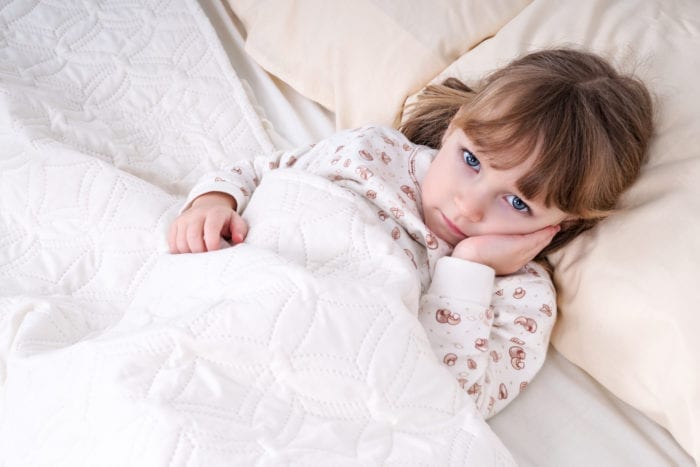Teeth grinding, also known clinically as bruxism, can occur in children of any age, even young babies who have just begun to develop the primary teeth. There is a range of causes for teeth grinding in pediatric dental patients and treatment will depend on the possible cause, your child’s age, symptoms and the need to address any possible damage to the teeth or gums.
Dr. Miller will look for the common signs of bruxism during routine dental exams which can include worn or flat teeth, damaged teeth or difficulty opening the jaw. Parents and caregivers can also alert our team to signs of teeth grinding they may notice at home:
- Grinding noise when the child is sleeping
- Complaints of face, jaw or neck pain
- Difficulty chewing properly
- Increased sensitivity to temperature when eating or drinking

Treating Bruxism in Children and Teens
The first step when addressing teeth grinding in a young patient is to identify the cause and discuss any concerns that you may have as a parent or caregiver. For very young children, teeth grinding may be due to the teething process. In many cases, children will outgrow bruxism as the permanent teeth develop.
Teeth grinding can also be caused by stress, especially in school-aged children and teens. Dr. Miller will work with parents and caregivers to help a patient learn ways to manage stress. This can include adopting a soothing bedtime routine for a younger child to breathing exercises, relaxation techniques and other therapies for older children and teens.
The most common dental treatment for teeth grinding in pediatric dental patients is the use of a mouthguard or night guard. Dr. Miller can custom fit an oral appliance that will fit over the teeth and is designed to prevent bruxism by repositioning the jaw and allowing the muscles to relax.
